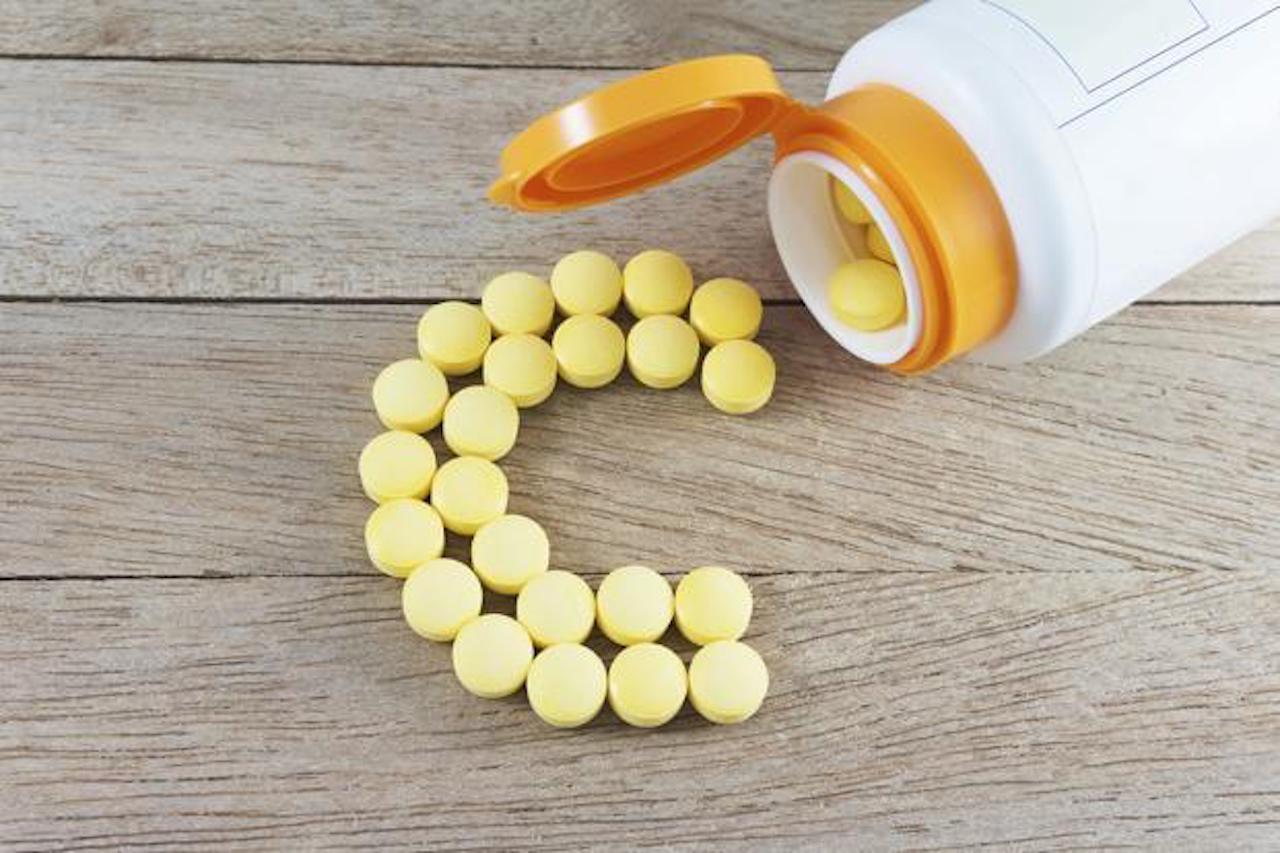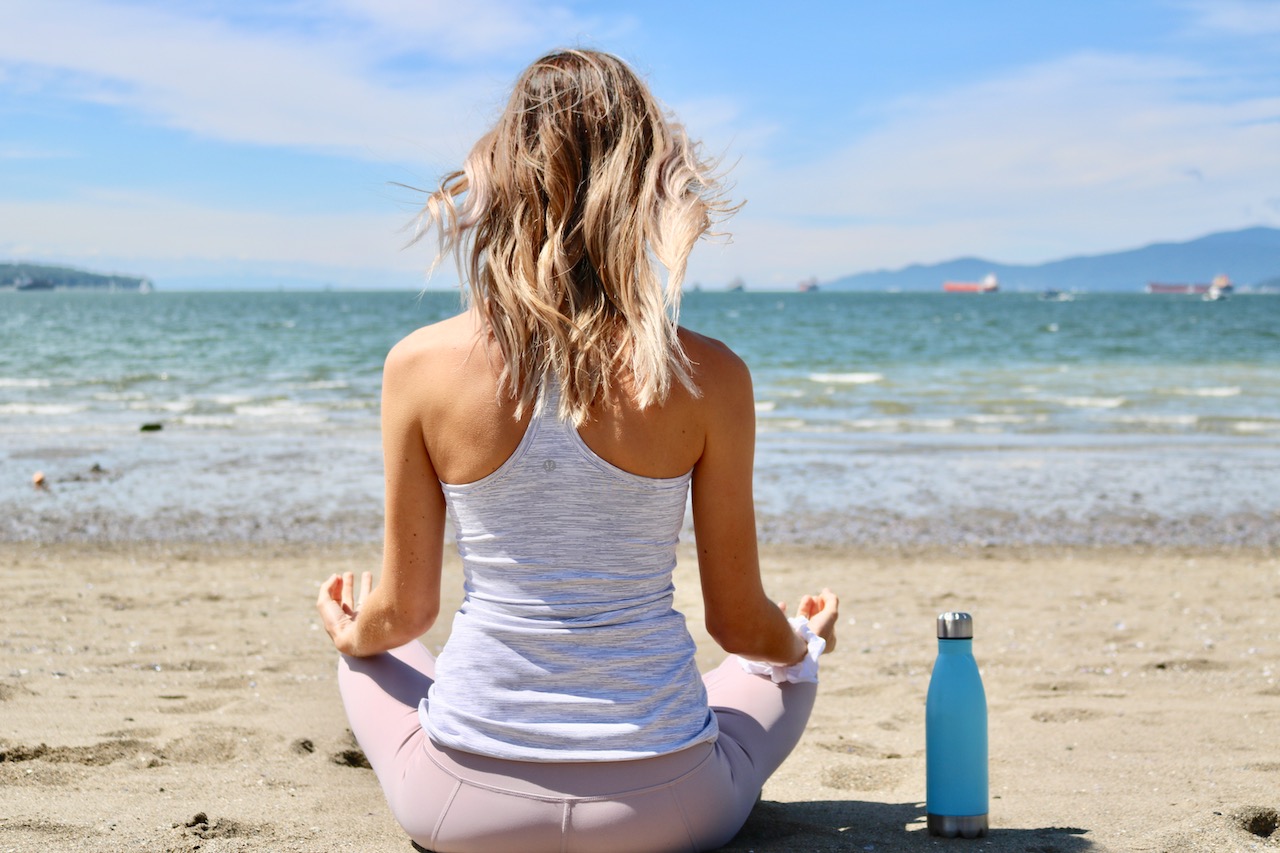Feeling stressed for no real reason?
A Vitamin C deficiency can actually make someone go crazy, that is why Vitamin C supplementation for high anxiety isn’t only necessary, it is crucial.. If you feel like you have taken some crazy pills lately (or for a while) it is worth checking your vitamin C levels and ensure you are getting adequate amounts of this critical vitamin.
It is possible that someone with anxiety, depression or even a low immune system requires 10 times the amount of vitamin C for therapeutic results. Here we will discuss the vitamin C requirements for high anxiety and the best ways to incorporate it to your diet and supplements routine.
Vitamin C Deficiency Symptoms:
- Being Antisocial
- Lack of Motivation
- Worry and Irrational Fears
- Fatigue
- Hallucinations
- Poor Memory
- Low Immune System
- Speech Impairment
- Schizophrenia
- Depression & Anxiety
- Heavy Metal Toxicity
- Joint Pain
- Dental Ailments
Vitamin C protects the nervous system by keeping free radicals at bay, if there is more free radicals than antioxidants, oxidative stress occurs which can bring upon any of the above symptoms, individuals with schizophrenia have abnormally low levels of vitamin C.
How Much Vitamin C for High Anxiety Do We Need?
There is a baseline wellness protocol where professionals have come up with a daily recommendation for individuals who are deemed healthy, but there are many factors to consider when understanding just how much your body requires. Are you breastfeeding, overly stressed, or physically run down? Your vitamin C requirements will need to be altered to match your lifestyle and symptoms. Our brain and adrenal glands thrive off vitamin C so how much is right for you?
According to Health Canada, the daily amount of vitamin C for adults is 60 to 90 mg and 15 to 50 mg for kids. Dieticians say the upper limit is 2000 mg of vitamin C per day. It is important to note that physical activity helps our body’s response to vitamin C. (NCIB 2017 Mar 29) Amounts up to 125 mg/day are recommended for pregnant or lactating women, and an additional 35 mg per day to account for increased oxidative stress and vitamin C turnover in smokers.
The RDA for a given nutrient is calculated based on avoiding deficiency. Several sources now suggest that RDA should be as much as double the currently advised 75–125 mg per day depending on age, gender, pregnancy and smoking habits
How Much Vitamin C is Too Much?
The great thing about “too high” levels of vitamin C means you will just secrete any extra through the urine. The ‘tolerable upper intake level’ is stated to be 2 g/day for adults but many people are fine taking larger doses. If you experience diarrhea, scale back your intake until you have regular bowel movements.
Vitamin C Rich Foods
Think fruits and veggies! Getting vitamin C naturally from organic, local, fruits and vegetable from fertile soil is important and necessary. Vitamin C rich foods include, red peppers, papaya, strawberries, kiwi, broccoli, citrus fruits, kale, cauliflower, tomato, to name a few. Eating the colours of the rainbow when it comes to vegetables is a good way to ensure vitamin C consumption.
A medium sized red pepper has around 190mg Vitamin C! As you can see if you are eating your 5 servings of veggies and 2 servings of fruit per day (and they are from trusting sources) you should be getting adequate amounts of vitamin C! If you are Vitamin C deficient consult your health care professional to begin a supplemental protocol ASAP and get eating the colours of the (brain)bow especially those dark leafy greens. ????
Vitamin C Supplementation for high anxiety and stress
Vitamin C supplementation for high anxiety will be unique for each individual. Most of the vitamin C available on market shelves today are filled with fillers, and preservatives. If your body isn’t benefiting enough vitamin C from your diet, instead of turning to supplementation straight away, look at your diet and find out if what you are eating or drinking is actually blocking vitamin C absorption like coffee, or alcohol for example.
Do you want more clarity on what supplements could be right for you? Watch the top 5 best supplements for anxiety video below!
Eat to Beat Anxiety






